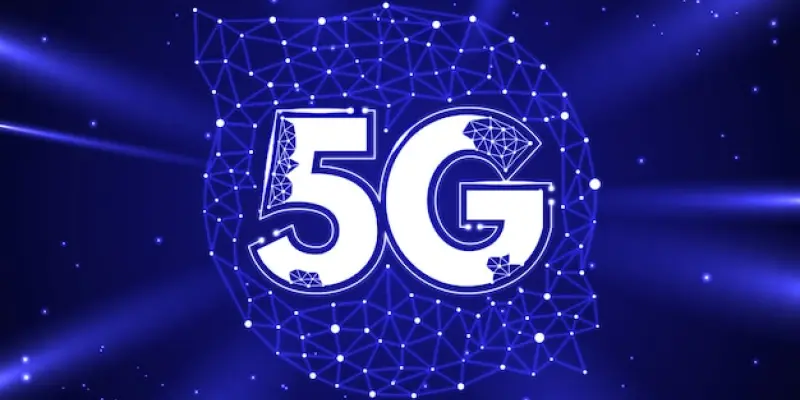By the end of this year, Türkiye plans to have completed the necessary technical infrastructure for 5G technology, paving the way for nationwide service availability by 2026. Minister of Transport and Infrastructure, Abdulkadir Uraloglu, has emphasized the importance of this milestone, outlining the role of the Information and Communication Technologies Authority (BTK) in finalizing 5G-related technical infrastructure and authorizations by the end of 2025.
5G Authorization Auction
A crucial element in Türkiye’s 5G rollout is the upcoming 5G authorization auction, which is slated to occur later this year. Alongside this, the BTK is diligently working on policy and strategy proposals for the 5G authorization process, which will later be submitted to the Ministry for final policy determination. Uraloglu highlighted that one of the core aspects of Türkiye’s 5G vision includes an emphasis on local production. By aiming to manufacture telecommunication equipment and components domestically, Türkiye seeks to achieve technological independence and bolster its national economy.
Regulatory Changes
To facilitate the expansion of 5G, regulatory changes are anticipated, particularly in revising the Electronic Communications Devices Security Certification Regulation. These changes are intended to streamline the certification and testing processes. A new regulation, the Electronic Communications Device Certification Processes Regulation, will replace the existing framework to reduce approval times for security certifications, ease the deployment of small-cell infrastructure, and ultimately enhance consumer benefits in telecommunication services.
Financial Impact of Delays
According to Vodafone Türkiye CEO Engin Aksoy, the delays in the adoption of 5G technology have had a significant financial impact, leading to a loss of approximately ₺10 billion ($282.2 million) per month and ₺120 billion ($3.38 billion) annually. This highlights the urgency for Türkiye to expedite its 5G deployment and mitigate further economic losses.
Current 5G Testing
Currently, 5G technology has been tested at 34 locations across Türkiye, including Istanbul Airport, but full-scale deployment will only align with the government’s “domestic and national 5G” initiative. This initiative aims not only to introduce 5G technology but also to ensure that a significant portion of the necessary technology and components are produced domestically.
Future Prospects
In addition to the immediate plans for 5G, research efforts are also underway to accelerate the development of 6G technology, which is expected to follow the 5G implementation roadmap. These efforts indicate a forward-thinking approach, positioning Türkiye to remain at the forefront of next-generation telecommunication advancements.
Conclusion
By the end of this year, Türkiye aims to complete all necessary technical infrastructure for 5G technology, positioning itself to offer nationwide 5G service by 2026. The Minister of Transport and Infrastructure, Abdulkadir Uraloglu, has highlighted the significance of reaching this milestone. He pointed out the crucial role of the Information and Communication Technologies Authority (BTK), which is responsible for finalizing the technical groundwork and authorizations related to 5G by the end of 2025. This effort reflects Türkiye’s commitment to advancing its technological capabilities and enhancing connectivity for its citizens. With the technical infrastructure in place, the foundation will be set for a broader rollout of 5G services across the country. This progress is expected to include not only enhanced internet speeds and connectivity but also the potential for innovative applications in various sectors such as healthcare, education, and industry. Achieving this goal by 2026 will mark a significant leap forward in Türkiye’s technological landscape, benefiting both the economy and everyday life.

